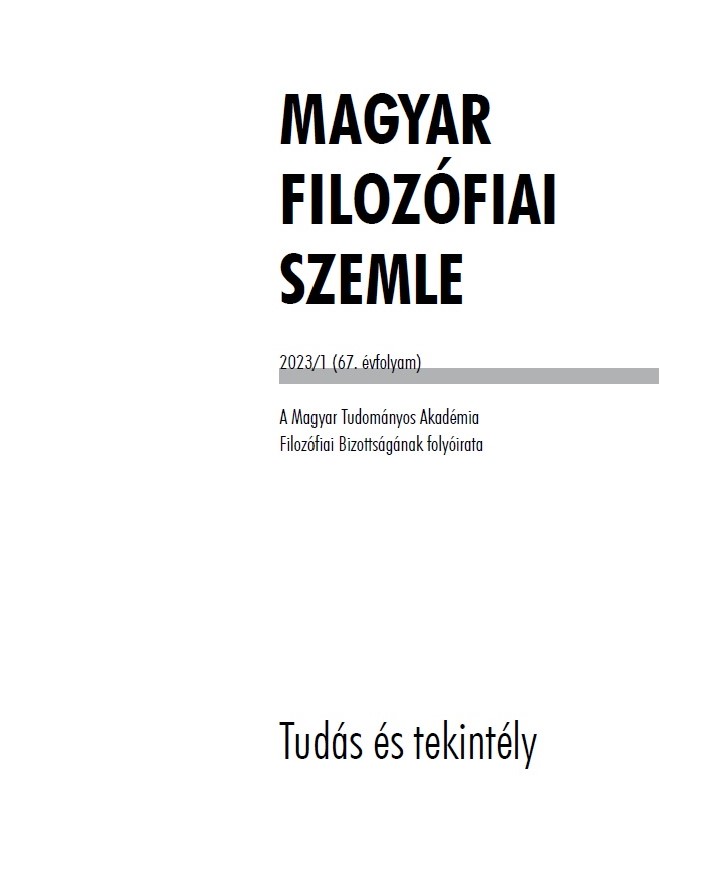A tudás értéke és a dialektikus felfogás
Absztrakt
The “dialectical approach” to epistemology, represented by authors like Austin and Sellars, holds that in analyzing knowledge, justification and other epistemological concepts we should rely primarily on cases in which these concepts are used in public settings. The items which may constitute knowledge are public claims, and knowledge is a public status obtained as a result of critical discussion. The dialectical approach doesn’t deny that epistemological concepts can be applied in the kind of individualistic cases analyzed in contemporary analytic epistemology, but maintains that these applications are derivative. The paper seeks to argue for the dialectical approach by showing that it can explain why knowledge is more valuable than true belief that isn’t knowledge. After clarifying what the dialectical approach consists in and spelling out the problem of the value of knowledge, it argues that the virtue-theoretic account, which is taken by most to provide the most promising solution to the problem, is untenable, because we are willing to attribute knowledge even to those who lack the requisite epistemic virtues. The dialectical solution to the problem suggested is the following. Knowledge requires justification, which is understood in the dialectical approach as public activity. Since justification in this sense contributes to the social propagation of true belief, knowledge is more valuable than merely true belief.



